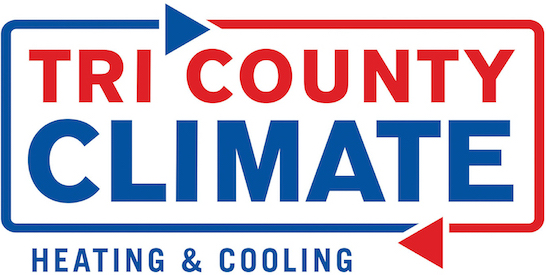
We spend a good majority of our time in our homes. In fact, the Environmental Protection Agency (EPA) has approximated being inside makes up 90% of our days. Having said that, the EPA also says your indoor air can be three to five times worse than outdoors.
That’s because our houses are tightly sealed to increase energy efficiency. While this is good for your energy costs, it’s not so good if you’re among the 40% of the population with respiratory allergies.
When outside ventilation is restricted, pollutants like dust and volatile organic compounds (VOCs) could get trapped. Consequently, these pollutants may aggravate your allergies.
You can enhance your indoor air quality with fresh air and usual dusting and vacuuming. But if you’re still having issues with symptoms while you’re at home, an air purifier may be able to provide assistance.
While it can’t eliminate pollutants that have landed on your furniture or flooring, it might help purify the air circulating around your residence.
And air purification has also been scientifically proven to help lower some allergic symptoms, according to the American College of Allergy, Asthma and Immunology. It might also be helpful if you or a family member has lung issues, like emphysema or COPD.
There are two options, a portable air purifier or a whole-home air purifier. We’ll discuss the differences so you can figure out what’s appropriate for your home.
Whole-House Air Purifier vs. Portable Air Purifiers
A portable air purifier is for one room. A whole-house air purifier works alongside your heating and cooling equipment to purify your complete house. Some kinds can work by themselves when your HVAC unit isn’t running.
What’s the Best Air Purifier for Allergies?
Look for a purifier with a High Efficiency Particulate Air (HEPA) filter. HEPA filters are used in hospitals and offer the greatest filtration you can find, as they eliminate 99.97% of particles in the air.
HEPA filters are even more beneficial when installed with an ultraviolet (UV) germicidal light. This dynamic combination can eliminate dust, dander, pollen and mold, all of which are general allergens. For the best in air purification, think over equipment that also has a carbon-based filter to reduce household odors.
Avoid using an air purifier that makes ozone, which is the top element in smog. The EPA cautions ozone may irritate respiratory troubles, even when discharged at minor settings.
The Allergy and Asthma Foundation of America has made a list of questions to ask when buying an air purifier.
- What can this purifier remove from the air? What doesn’t it remove?
- What’s its clean air delivery rate? (A better amount means air will be freshened more quickly.)
- How often does the filter or UV bulb need to be switched]? Can I complete that on my own?
- How much do spare filters or bulbs cost?
How to Reduce Seasonal Allergy Symptoms
Want to receive the {top|most excellent|best] results from your new air purification equipment? The Mayo Clinic recommends doing other measures to decrease your exposure to problems that can cause seasonal allergies.
- Stay inside and keep windows and doors shut when pollen counts are heightened.
- Have someone else cut the lawn or pull weeds, since these tasks can worsen symptoms. If you are required to do these chores alone, consider using a pollen mask. You should also shower right away and put on clean clothes once you’re completed.
- Avoid stringing up laundry outside.
- Use the AC while at your house or while driving. Consider using a high efficiency air filter in your house’s HVAC system.
- Even out your residence’s humidity percentage with a whole-house dehumidifier.
- Hardwood, tile or linoleum are the suggested flooring kinds for decreasing indoor allergens. If your residence has carpet, install a HEPA filter on your vacuum cleaner.
Let Our Pros Take Care of Your Indoor Air Quality Necessities
Prepared to progress with getting a whole-house air purifier? Give our experts a call at 541-546-1393 or contact us online to get an appointment. We’ll help you locate the best system for your residence and budget.

